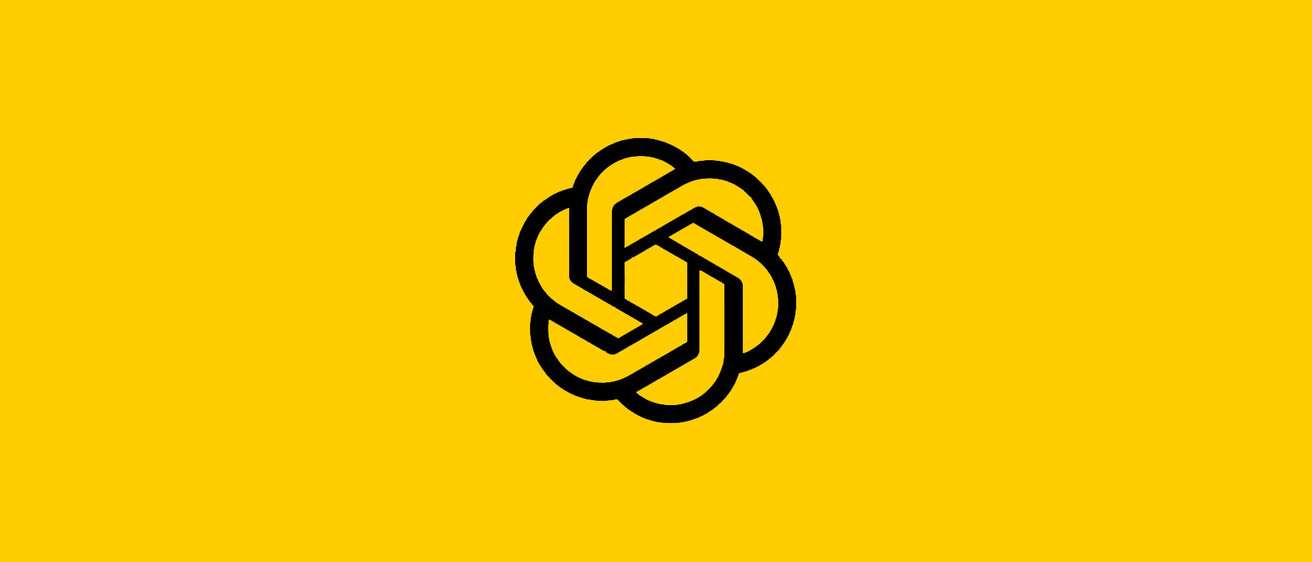by Tom Snee
ChatGPT was released just last November, but it is already changing business and higher education.
“I played with it over the holiday break and realized we would need to think about the best way to teach this,” said Pam Bourjaily, associate professor of instruction in the Tippie College’s Frank Business Communications Center. “We knew that students needed to learn it.”
As a result, Bourjaily quickly revised the spring semester syllabus for Tippie’s Business Communication and Protocol class to introduce students to the app.
ChatGPT is an artificial intelligence-conversation tool that is already changing a lot of games. Students are already using it, and businesses are quickly adopting it for such backroom functions as writing performance reviews and letters of recommendation.
Patrick Fan, a professor of business analytics and an expert in artificial intelligence, said the need to teach ChatGPT is urgent because it’s a sign that we’re in the advent of a fourth industrial revolution. He said students need to learn how to use AI tools like ChatGPT because they will only play a greater role in our futures. They also need to understand those tools don’t need to be feared.
“It is a tool, and like all tools, it’s imperative we learn to understand how it works and the best ways to use it,” said Fan. “Like calculators and CD players before them, AI-enabled tools can make our lives more productive, fun, and entertaining. They can write poems and informative essays, summarize texts, and answer questions. They can also be used to help organize thoughts and take notes.”
Carl Follmer, adjunct instructor and interim director of the Frank Business Communications Center, said artificial intelligence is nothing new in either education or business. Excel, for instance, uses basic AI functions as a tool. Even a word processor’s spellcheck function is a simple form of artificial intelligence.
“These programs take chunks of data and spit something out,” he said. “But that doesn’t mean much to most humans. A human is still needed to optimize the data for other humans to useful.”
In many ways, what ChatGPT produces is not often up to speed. It makes factual errors (lots of them), its neutral voice is passable but dry and boring, and brevity is a challenge. It struggles with logic, and ethics and morals are a foreign concept. All that said, it performs well enough to produce a decent first draft that a writer can revise, fact check, and throw in some color to make an interesting, readable, and accurate document.
In a class assignment, Bourjaily instructed ChatGPT to generate a one-page memo for a theoretical business supervisor that would provide an overview of whether employee monitoring systems help or worsen workplace equity issues. The students then revised the draft so it met a supervisor’s expectations for organizing relevant business information in a skimmable format.
The students also provided their own critique of the AI tool, to determine if they found it more (or less) helpful to use and its strengths and weaknesses in meeting the criteria for effective business writing.
Bourjaily said the assignment was not a test of ChatGPT’s abilities, but of the students’ ability to understand the basic concepts—such as asking the right questions, testing the accuracy, and revising when necessary.
As for the students, they were generally underwhelmed with ChatGPT’s work product. They said the app was useful for finding relevant information, though it offered little in the way of support unless they went back and asked for more detail to back up what it said. And as for writing, ChatGPT has a long way to go.
“It sounds like a third grader copied and pasted a bunch of facts on a page,” said student Caden Burke, who found the clunky AI writing a distraction from the otherwise useful content the software found.
Fellow student, Lauren Wegmann, was unimpressed, too. While ChatGPT was helpful at helping to organize her thoughts, she spent too much time editing a text she found “fluffy” and at the same time “robotic.”
“I found it more beneficial to start from scratch with my own writing,” she said.
Follmer and Bourjaily said instructors will spend more time this summer more fully incorporating ChatGPT and other AI-generated chat apps into the business writing curriculum. The coming assignments will be more hands-on and will also incorporate ethics and standards at a deeper level.
Fan acknowledges that these new AI-enabled tools present challenges, but shouldn’t scare people away from using them.
“We can take steps to develop regulations, awareness, and training,” he said. “We’ll need to build detection tools to flag cheating, and laws will need to be adjusted to prevent people from stealing others’ intellectual property. Liability will be an issue, too. But the future is wide open with these AI tools. Whoever sees ChatGPT as a friend and not an enemy can grasp the opportunity to build next-generation creative applications and have the advantage.”
MEDIA CONTACT: Tom Snee, 319-384-0010 (o); 319-541-8434 (c); tom-snee@uiowa.edu
